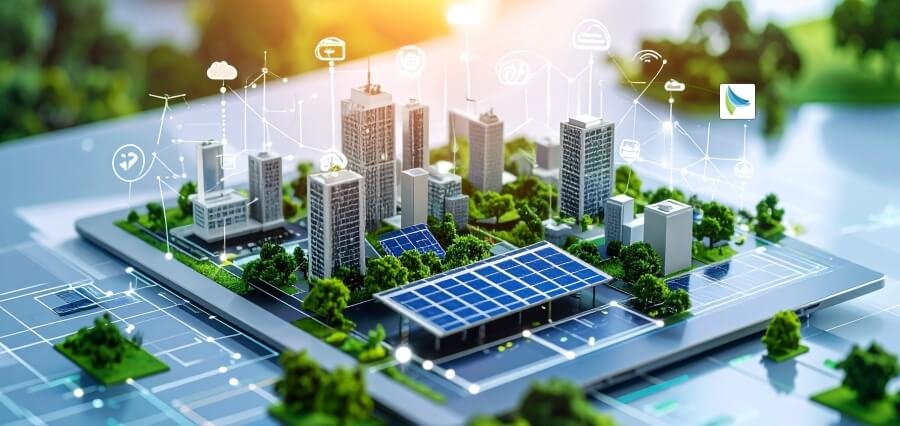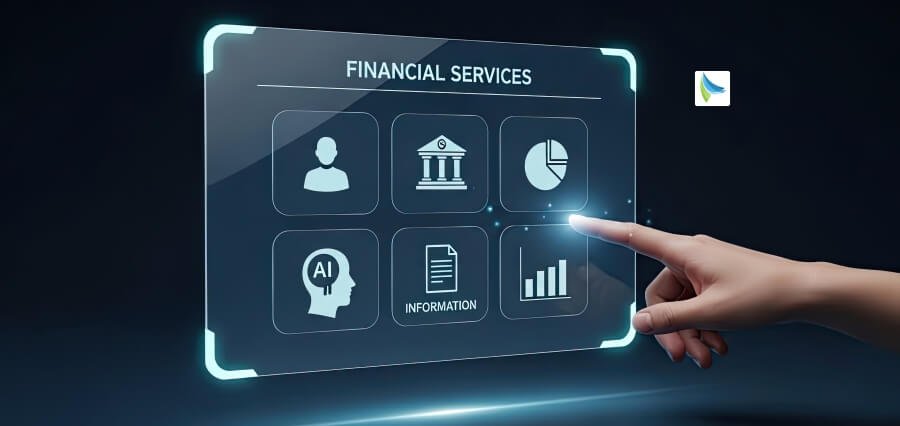In the new urban reality of urban growth, smart city planning has become a paradigm for making the city habitable, efficient, and green. With the reality of cities everywhere dealing with more urbanization challenges, limited resources, and pollution, the incorporation of advanced technologies is critical. Artificial intelligence (AI) is among the most revolutionary mechanisms engaged. Thanks to the capability of AI, city planners and authorities can leverage data-driven insights to make informed choices, optimize resource distribution, and provide public services in real time. Smart city planning relies on the capability of AI to analyze complex data and predict future urban needs more than ever, thus infrastructure building becomes proactive as well as adaptive. AI is now no longer a dream being infused into smart city development but an ever-accelerating phenomenon. City governments, in partnership with technology companies, are implementing AI-based systems for traffic control, air and water quality monitoring, reducing energy consumption, and safety enhancement.
Boosting Urban Infrastructure through AI
Improving and maintaining urban infrastructure is a very important task in smart city planning, and AI is never absent from this work. From road and bridge infrastructure to the electrical power grid, the AI solution provides predictive maintenance, real-time monitoring, and optimal allocation. For instance, AI algorithms have the ability to analyze data read from sensors installed on roads and bridges to predict likely structural failure in advance. Fore-thought here saves not just emergency work but life. Here, AI-based planning of smart cities is complemented by its ability to maximize the life of physical assets at the lowest operating costs.
Besides, AI facilitates wise design of greenfield development projects. Planners are able to experiment with various development alternatives and how they impact traffic, environment, and energy usage through simulation tools and analysis. Predictive modeling therefore provides evidence-based answers that negate assumptions in a bid to assist on the basis of smart city planning. For example, AI can model the impact of an additional public transport line on city mobility and assist decision-makers to make informed decisions regarding optimal routes and schedules. Such operations continue to reinforce AI’s core function of realigning the agenda of smart city planning to accommodate growing urban populations.
Maximizing Public Services and Governance
AI enables the maximization of efficiency of public services, an important aspect of smart city planning. AI enables smart waste management systems to identify most efficient routes for collections based on real-time data to reduce the consumption of fuel and increase service delivery. Even in the healthcare industry, AI-powered platforms are capable of tracking patterns of community health and anticipating epidemics, enabling intervention and deployment of resources in time. These developments make smart city planning more people-centric, allowing governments to make services more accurate and with less wastage.
All over the world, AI creates increased accountability and transparency. Natural language processing and analysis abilities automatically make public opinion manageable and actionable in policy formulation. AI-based chatbots and virtual assistants have started to be extensively used to provide 24/7 customer service, provide answers to public queries, and even provide feedback on city initiatives. It does make for a more participative citizen and it reinforces the faith in institutions of the public. Smart city planning is therefore complemented by the capacity of AI to make decision-making inclusive and achieve inclusive urban growth.
Sustainability and Environmental Management
Ecological sustainability is core philosophy in intelligent city planning, and AI has been a potent instrument in the setting of ecological goals. Intelligent grids make use of AI in managing the lifestyles of electricity usage to balance supply and demand and integrate sustainable resources such as solar and wind power. This diminishes carbon emissions and promotes a shift towards clean energy systems. In both waste management and water conservation, AI can monitor consumption patterns and optimize systems to reduce the environmental impact. Urban planning is then made smarter by AI in the sense of upholding universal benchmarks of sustainability and climate resilience.
AI enables real-time monitoring of the environment in order to determine air quality, noise pollution, and water quality. Such monitoring can trigger autonomous response, for example, traffic light redistributions to reduce congestion-emitting emissions or public addresses in cases of high pollution. As climate change becomes the center of attention, urban planning is required to advance with adaptive technologies. AI offers urban planners the ability to monitor, predict, and respond to weather conditions so that cities can remain healthy and liveable for future generations.
Conclusion
Artificial intelligence is transforming city development, management, and planning. Its application in the planning of smart cities makes the cities choose the route of decision-making based on information, optimizing the efficiency of infrastructure, providing services with the maximum efficiency, and keeping the environment intact. With the rate of urbanization in the entire world again poised to increase, requirements for smarter and more responsive cities will keep surging. By placing AI at the very core of city planning, intelligent city planning is transformed from a dull task into a responsive and active one that can respond to present challenges and future demands.
Read More : Abhay Jindal: The Trailblazer of the Real Estate Revolution in North India











